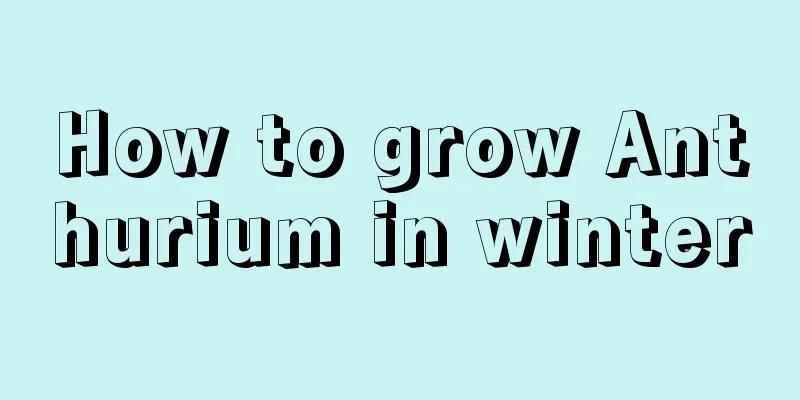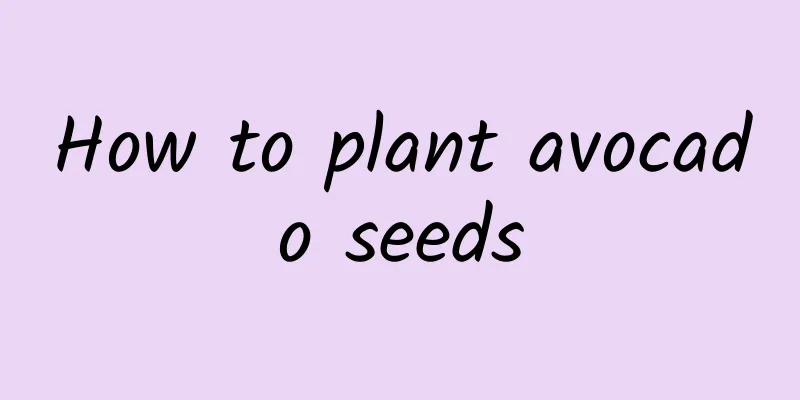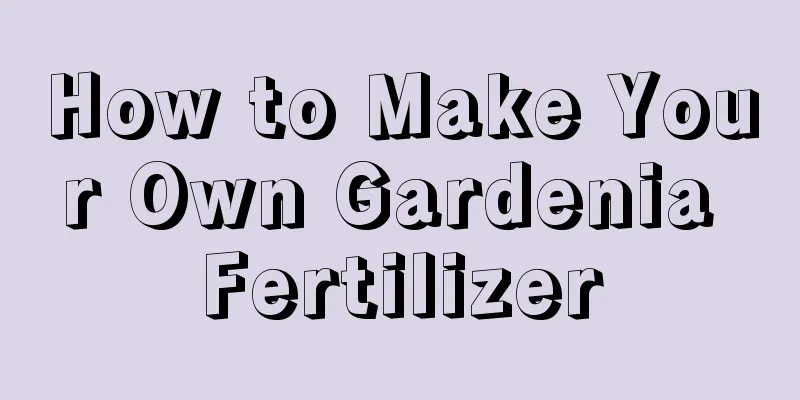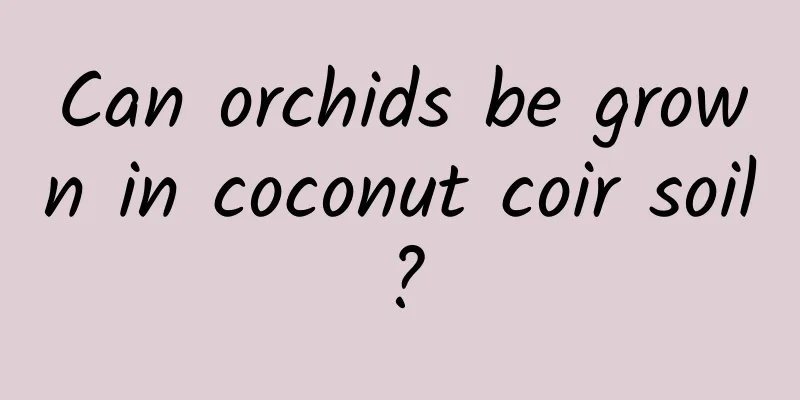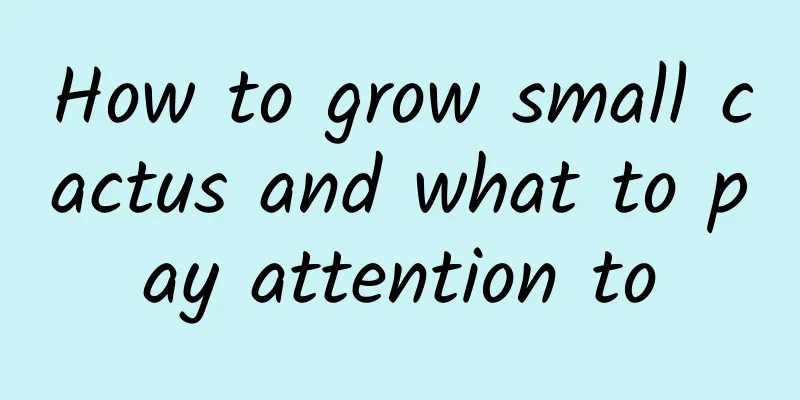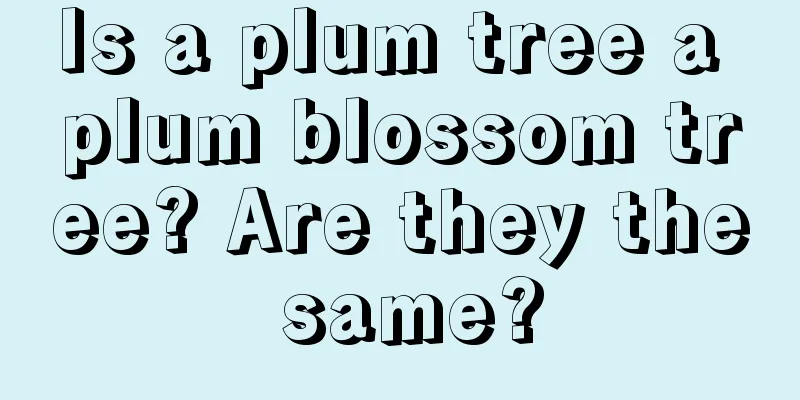Is yam a root or a stem? What does the root of yam look like?
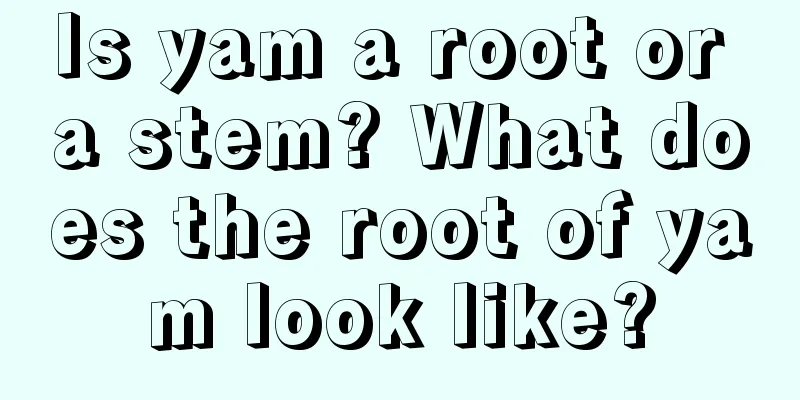
1. Is it a root or a stem?Yams are underground stems. It is the transition between the stem and the root, generally formed by the swelling of the tip of the main stem. It has few buds, only one at the root neck, and many adventitious roots on the surface, some of which will grow main roots at the bottom. Since the tubers have buds on them, they can be used for cutting cultivation so that new plants can grow. 2. Root appearanceThere are roots at the bottom of the yam, which generally grow horizontally and radially. When they grow to 20 cm, they can extend to the lower layer of soil and can grow to a depth of up to 60-80 cm. In addition to the main root, there are many adventitious roots on the surface of its tuber, which can also absorb water and nutrients and play a key role in the growth of the plant. 3. Morphological characteristics1. Rhizome: The tuber of yam is long cylindrical, usually growing vertically, and can reach a maximum length of 1 meter. If it is cut, the cross section is white. Its above-ground stem is purple-red and has no hair on the surface. 2. Leaves: The leaves of yam are simple, mostly alternate at the bottom and opposite at the top, and occasionally there are three leaves in a whorl. The leaves are broadly ovate or oval in the seedling stage, and vary greatly during growth, usually triangular to broadly ovate, and some are halberd-shaped. The leaves are 3-9 cm long, 2-7 cm wide, with a pointed tip and generally three lobes. 3. Flowers and fruits: Its flowers are divided into male and female flowers. The male inflorescences are 2-8 cm long and relatively upright. There are usually 2-8 of them growing in the leaf axils, and they can sometimes be arranged in a cone shape. There are purple-brown spots on the bracts and petals. There are usually only 1-3 female inflorescences. Its fruit is a capsule, which is generally oblate, with white powder on the surface and seeds inside. |
<<: Complete Guide to Pepper Planting Techniques
>>: Cultivation and planting technology of Bletilla striata
Recommend
How to improve the germination rate of peacock grass
How to improve the germination rate of peacock gr...
Chihuahua succulent breeding methods and precautions
Chihuahua is a succulent plant of the Crassulacea...
How to grow Dendrobium
1. Temperature The temperature suitable for the g...
Five common ornamental stem plants, the stems are the highlight!
Gold Finger The stems of this plant are fleshy an...
Introduction to the production method and steps of persimmon tree bonsai
1. Choose the right potting soil The flowerpot ca...
How to raise sunset love
1. Breeding environment 1. Soil: Loose, well-drai...
How to divide white palm flowers into pots, when and how to divide them into pots
Time to divide white palm flowers into pots It is...
Don’t grow these flowers in the summer, or they will die!
Fuchsia Fuchsias are the hardest hit by death in ...
Do hydrangeas like acidic soil?
1. Do you like it? Hydrangea likes acidic soil. I...
Onion Planting Time and Method Cultivation Technology and Management
Onion Planting Time Onions are planted in autumn,...
How to prune wolfberry trees
When to prune wolfberry trees Wolfberry trees can...
How to care for newly bought Phalaenopsis
1. Lighting Phalaenopsis is a plant that likes li...
Which month is suitable for planting osmanthus trees?
When to plant osmanthus trees Spring and autumn a...
How long is the potato growing period?
How long is the potato growing period? The growin...
Rose cutting method
Roses have high ornamental value and strong vital...
